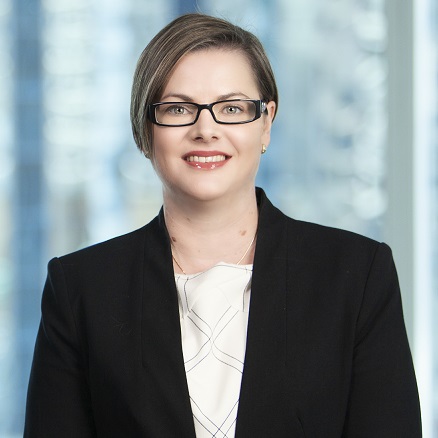Erika Williams FCIArb
Why have you decided to specialise in ADR? What attracted you to this area of law?
Before I was a lawyer, I worked for the Australian Embassy in Tokyo. During this time, a chance encounter with an arbitration lawyer at a dinner was my introduction to the concept of international arbitration. I loved the idea of parties from different countries agreeing to have their dispute resolved in a neutral forum. I soon enrolled in university to do my law degree and become an international arbitration practitioner.
Are there any interesting developments in the field of ADR in the jurisdiction you are based in?
I think there is an increasing awareness in Australia of investor-state dispute settlement mechanisms in investment treaties. To date, there have been less than 10 investor-state arbitrations commenced by an Australian claimant with three of these disputes were commenced in 2018 and rumours of an Australian mining company about to commence an investor-state arbitration against Poland.
I believe this is a positive development for Australian companies and I hope it means that the front end lawyers are considering protections available under various investment treaties when advising clients on the corporate structure of new ventures.
If you had a time machine, what piece of advice would you give to yourself at the beginning of your career in ADR?
Network and publish! In the field of international arbitration, it is often not what you know, but who you know that brings about different opportunities. The opportunities might be helpful for business development, such as an invitation to speak at a conference or they might be approaches from clients to act for them in an arbitration or inquiries regarding availability to take an arbitrator appointment. The more people who know who you are through networking and publishing on arbitration the better.
How has a membership with the Chartered Institute of Arbitrators benefitted your career?
I achieved member status of CIArb at a very early stage in my career after I sat the Diploma in International Commercial Arbitration Course with the Chartered Institute in Malaysia. To me, this was recognition of my knowledge and experience of international arbitration, even though I was only a few years PQE (post-qualified experience). I am proud to say that have recently been admitted as a Fellow of CIArb after completing the Award Writing module and peer interview with the Institute.
The events hosted by CIArb are a great opportunity to network with other arbitration practitioners and are definitely a highlight of membership.
Membership at any level also provides members with access to knowledge through the website and the Arbitration journal and information on arbitration events around the world. I believe every practitioner who is serious about practicing in arbitration should be a member of the Institute.
What do you consider to be your biggest achievement in the field thus far?
By far the most challenging but rewarding experience I have had to date was acting as the senior solicitor on a multi-million dollar construction arbitration involving over 1,000 separate claims and managing a team of around 20 counsel through a 10-week hearing with many lay and expert witnesses. We also achieved a successful result for our very happy client.
My recent admission as a Fellow of the Chartered Institute of Arbitrators is also a highlight.
Tell us a short war story from your ADR experience.
Trying to get the submissions in by the deadline at the end of the 10-week trial was challenging. Trying to coordinate and compile submissions in relation to the different types of claims when, combined, they amounted to almost 600 pages required lots of help and multiple printers. One counsel sent us a set of submissions with some drafting still to be completed. However, they did not realise this and had promptly gone to sleep as soon as they sent us their unfinished submissions. The counsel was found in the nick of time, asleep on the couch of the Queen’s Counsel in the matter!
